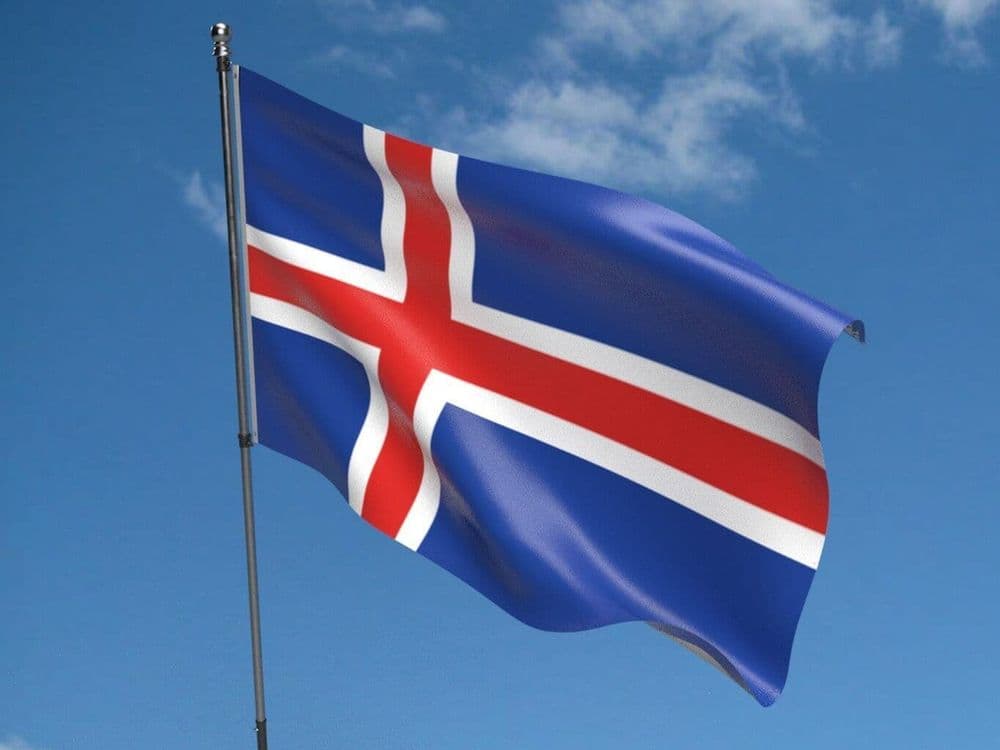Iceland Independence Day: History, Theme, and Significance

Iceland Independence Day is a vibrant celebration that reverberates across the nation every year on June 17th. It marks a significant milestone in Icelandic history, commemorating the establishment of the Republic of Iceland in 1944, a momentous occasion when the nation embraced its sovereignty and embarked on a journey of self-governance and independence. In this comprehensive guide, we delve into the rich tapestry of Iceland’s history, the significance of Independence Day, and the colorful festivities that define this joyous occasion.
History of Iceland Independence Day
The roots of Iceland’s quest for independence run deep, intertwined with a narrative of resilience, determination, and unwavering patriotism. For centuries, Iceland stood under the shadow of Danish rule, its destiny shaped by external forces. However, the seeds of freedom were sown long before 1944, germinating through decades of struggle and perseverance. Iceland’s saga begins in the mists of time, with the arrival of Norse settlers in the late 9th century. Led by figures like Ingólfur Arnarson, these intrepid explorers braved the unforgiving seas to forge a new home in the heart of the North Atlantic. Over the centuries, Iceland thrived, its people carving out a distinct identity amidst the rugged landscapes and tumultuous history.
Despite its autonomy, Iceland’s fate remained entwined with Denmark, as the island nation fell under Danish rule in the 14th century. Over the ensuing centuries, Denmark’s influence waxed and waned, culminating in Iceland’s incorporation into the Danish crown in the 17th century. Yet, even in the face of foreign domination, the flame of independence flickered, fueling the aspirations of generations to come.
Significance of Iceland Independence Day
The 20th century heralded a new era for Iceland, marked by fervent calls for self-determination. In 1918, amidst the chaos of World War I, Iceland took its first steps towards independence, signing the Act of Union with Denmark. However, true sovereignty remained elusive, as external pressures continued to shape Icelandic affairs. It was not until the aftermath of World War II, with Denmark occupied by Germany, that Iceland seized its moment of destiny. In 1944, against the backdrop of global upheaval, Iceland declared itself a republic, casting off the shackles of colonialism and embracing a future defined by freedom and autonomy.
Independence Day transcends boundaries of age, gender, and background, fostering a sense of unity and belonging among Icelanders from all walks of life. Whether donning the national costume, painting the flag on their faces, or simply joining hands in solidarity, citizens come together to celebrate their shared heritage and collective identity. In a world often divided by differences, Independence Day serves as a powerful reminder of the strength found in unity.
Iceland Independence Day: Celebration
Iceland Independence Day is more than just a historical milestone; it is a day of jubilation, camaraderie, and national pride. From Reykjavík to remote villages, Icelanders come together to honor their heritage and celebrate the hard-fought victories of the past. Central to Independence Day celebrations are the colorful parades that wind their way through city streets and rural hamlets alike. Led by brass bands and adorned with national flags, these processions pay homage to Iceland’s past while heralding the promise of the future. Riders on Icelandic horses, symbolic of the nation’s rugged spirit, join the festivities, their presence evoking echoes of a bygone era. Following the parades, public speeches echo across town squares, serving as poignant reminders of the sacrifices made in the name of freedom.
Music holds a special place in the heart of Icelandic culture, and Independence Day is no exception. From traditional folk tunes to modern melodies, the air resonates with the sounds of celebration, as musical performances captivate audiences young and old. Whether gathered in concert halls or beneath the open sky, Icelander’s revel in the joyous harmonies that unite them on this auspicious day.
Preserving the Legacy of Independence
As Iceland celebrates another year of sovereignty, it also looks to the future, mindful of the challenges and opportunities that lie ahead. From environmental stewardship to social progress, the quest for freedom extends far beyond the confines of national borders, encompassing a global community united in its pursuit of liberty and justice for all. In an ever-changing world, Iceland remains steadfast in its commitment to independence and self-determination. As the nation charts a course through the 21st century and beyond, it does so with an unwavering resolve to honor the sacrifices of the past while embracing the possibilities of the future. With each passing year, Independence Day serves as a beacon of hope, reminding Icelanders of the boundless potential that lies within their grasp.
With freedom comes responsibility, and Iceland recognizes its role as a steward of liberty in an interconnected world. Whether championing human rights abroad or leading the charge against climate change, the nation stands as a shining example of principled leadership and global citizenship. As Iceland Independence Day draws to a close, its legacy endures, inspiring future generations to uphold the values of freedom, equality, and justice for all.
Iceland Independence Day is not merely a date on the calendar; it is a testament to the indomitable spirit of a nation and the enduring quest for freedom. As Icelanders gather to celebrate their heritage and honor their past, they do so with a sense of pride and purpose, knowing that their journey towards independence is both a reflection of their history and a promise for the future.
Observer Voice is the one stop site for National, International news, Sports, Editor’s Choice, Art/culture contents, Quotes and much more. We also cover historical contents. Historical contents includes World History, Indian History, and what happened today. The website also covers Entertainment across the India and World.

